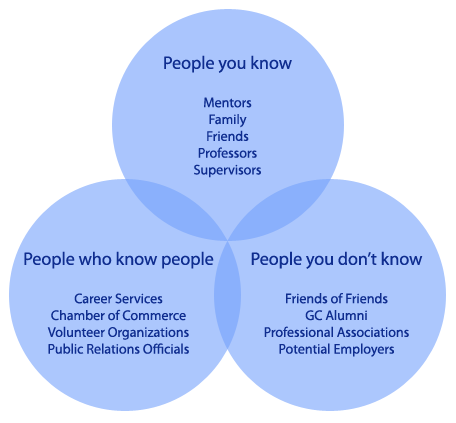Quality of leads
Leads obtained through networking, particularly through recommendations will tend to be a higher quality lead producing higher quality business than general enquiries or solicited business.
Such leads are usually:
Developed leads over time thorough the social networks
Recommendations through network connections
People who are interested in dealing with you or exchanging ideas and possibly business with you.
Another advantage of such leads is the efficiency obtained thereby. Less advertising required means less cost required per lead so the ROI is greater. Less time is spent acquiring high quality leads and business and the risk management is improved with such savings as less risk of bad debt, time wasting on potential clients who turn out to be more time wasters than actual clients.
The reduction of time and money spent gaining new customers means more time can be spent on doing business and increasing profits.
It might be that you are in the fortunate position of having all the business you need right now, But in most cases business networking is not about the immediate increase of present day business but in setting up future business. Developing rapport and relationships with others takes time and is not a one day activity with a ‘buy now!’ flavour attached to it. It is a relationship built on trust and mutual exchange of interests, ideas and referrals. It also tends to even out potential peaks and troughs in business. One might be at a peak now but very often a trough can appear and having some developed contacts that can provide you with a referral can help to fill that trough.

Being able to refer others to people you know they can trust is also a big feather in your cap. It improves their perception of you as a trustworthy individual and by reflection your company and increases your chances of being referred to others also. This is the peak of business networking and when one has reached this stage one will never be short of clients or customers.
Establishing networks
Accessing quality services is made more possible through a portfolio of well-developed business network partners. If you are looking for a particular service, for example, which a current connection cannot provide, it is likely that one of your connection’s can point you in the direction of someone that can provide that service. This can include potential discounts and savings thereby rather than having to seek out a company or professional you do not know and have received no recommendation for and would likely charge the top price for their service. By the same token there are advantages to offering discounts to referrals you have received as this is likely to increase the business you can obtain through business networking. Such mutual interchange can be a tremendous source of satisfaction, particularly if one is assisting new members to become more established, solve problems and start on the road to expansion. It makes one somewhat of a mentor in this regard.
Of course more knowledge and new skills can be acquired through networking associations including the opportunity to speak or make presentations at meetings. Such experiences help to develop more self-confidence with public speaking and increase the perception of you as a leader in your field. This leads into becoming an expert in your field. The more you meet on a regular basis with other professionals the greater awareness of business trends, developments and future directions you will have and this will enhance your reputation as being someone, ‘in the know’, or an expert in your chosen field.
Keeping up to date with trends will ensure that you are seen as being an expert fully up to date.
All these activities will go a long way to enhancing your reputation among professionals resulting in an increased confidence in you as a professional and expert and ultimately a person who whom referrals should be made. Your reputation for reliability and integrity would also be enhanced as the results of your recommendations reflect upon yourself.
Maintaining Relationships
Developing and building relationships is only the beginning. One cannot leave it there and say, ‘I have built a good relationship with Steve so need do nothing else.’ One needs to continuously maintain that relationship. This might mean contact on a regular basis, say once a week or month or every few months, depending on the relationship. Part of this is keeping you in the members mind, keeping you in the loop so to speak. Just developing a relationship and then not nurturing and not investing any quality time in the relationship means it will eventually deteriorate and, if you call say a year later and say, “Hi John, it’s Bill here.” The response might be, “Bill? Bill who?” Not a response you would be looking for.
Ways to maintain a relationship of this nature might include asking questions. Asking questions that call upon that individual’s expertise. Of course if you ask someone who is very busy, you might get very short responses. But don’t be discouraged! It is likely most of your business connections are busy. You are busy! So keep the questions short. Only ask question that you cannot answer or cannot find the answer on your own (asking questions, the answer to which can be found on Google for example is a prime example of a waste of time of yours and the person you are asking). Do not ask for the sake of asking. Questions very often end with a response that can open the door to further business opportunities.
Another way to keep in communication with your contacts is to send updates on matters you know or believe would interest them. People like to receive information that helps them keep up to date. Avoid the continual sending bad news however. Try to find constructive and positive information and news to send. Particularly as regards trends that concern them and their business.
This can include industry updates for their industry. Apart from giving them information they may find valuable it also demonstrates an interest you have in their industry and business.
The key to networking is establishing contacts and developing a relationship before you need something from them. The last thing you want people to think is, ‘He only contacts me when he wants something’. Get what you want by helping others to get what they want first.
In The Basics of Business Networking – Part Four We take up some more practical aspects of building relationships.


